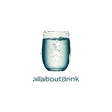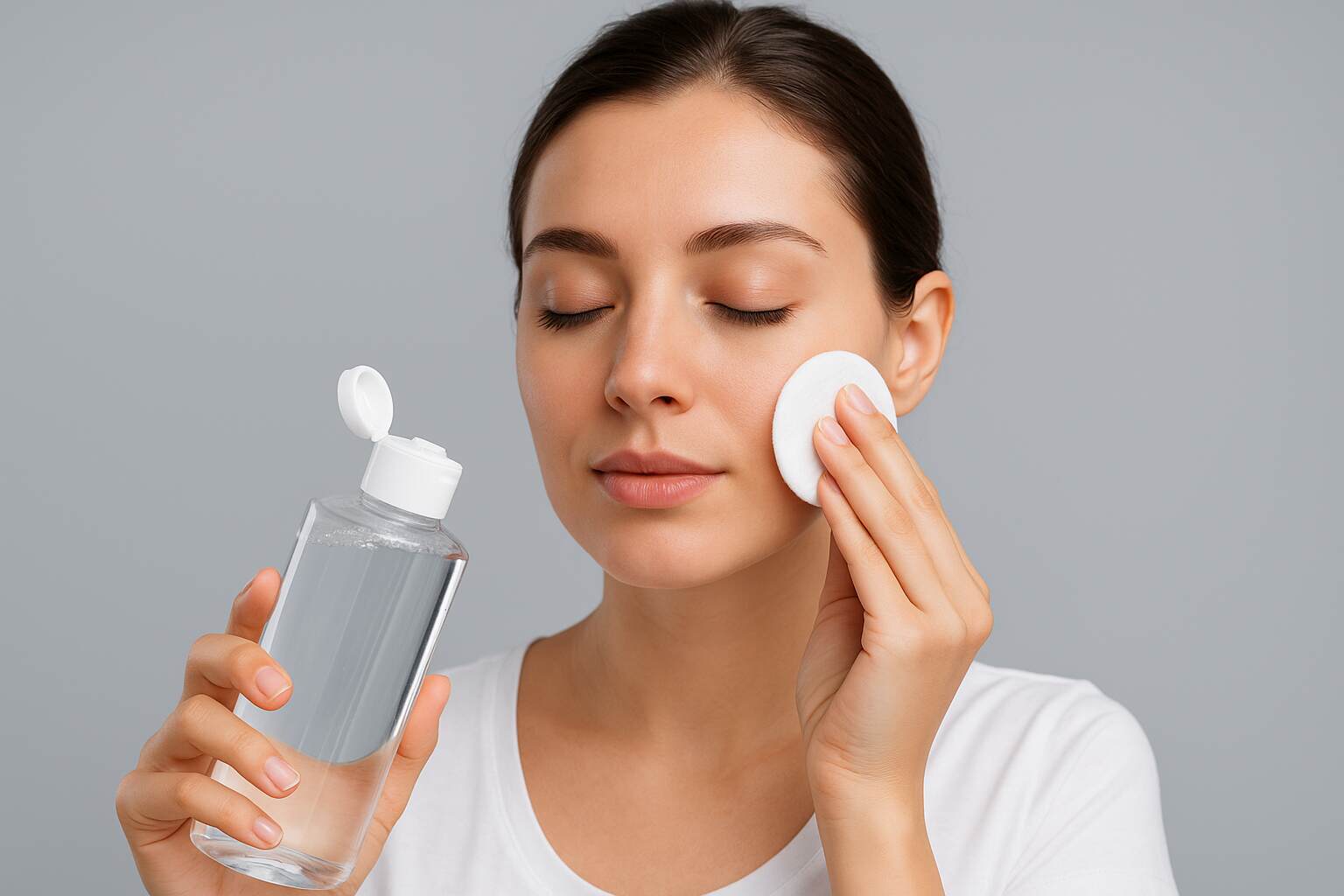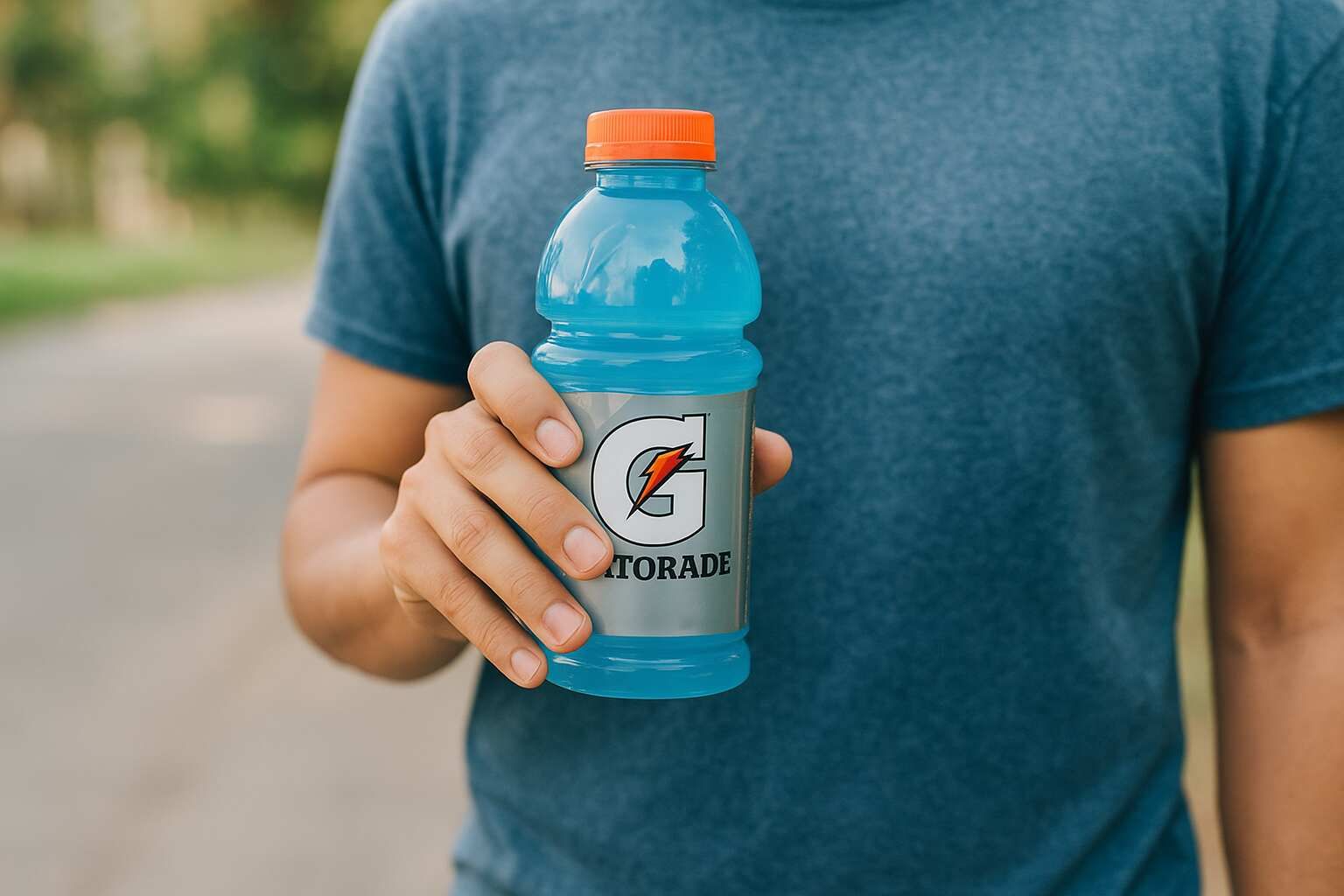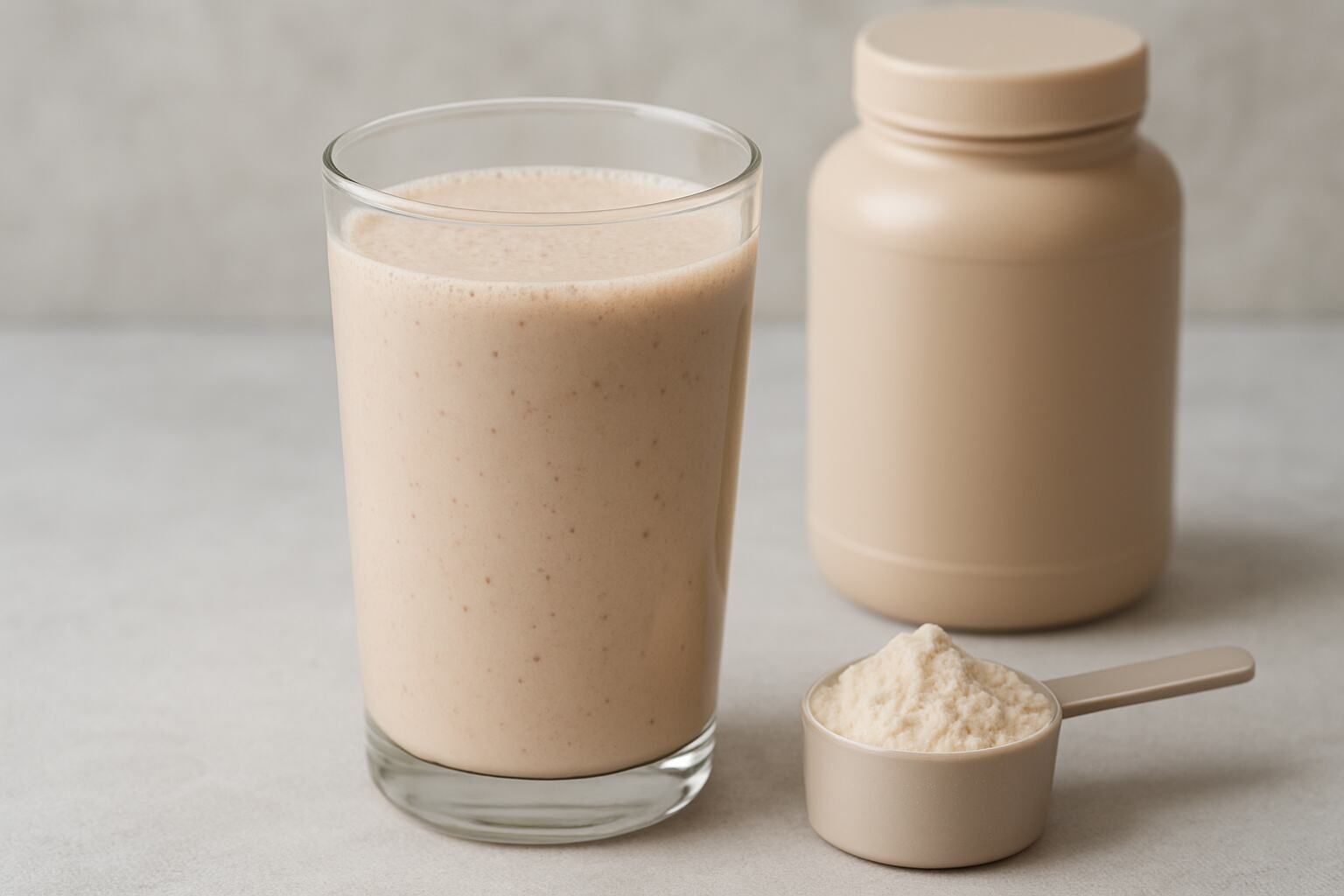Yes, you can drink water in the Bahamas on major islands like Nassau and Freeport, where tap water is treated through desalination and meets safety standards. However, on remote islands and smaller cays, water often comes from cisterns or wells that may not be consistently safe.
For peace of mind, most travelers rely on bottled or filtered water, especially outside resorts and large towns.
Introduction
If you’re planning a Caribbean escape, one of the first questions you might have is: can you drink water in the Bahamas? It’s a practical concern — nobody wants their dream vacation interrupted by stomach problems. The Bahamas is made up of more than 700 islands and cays, and the water quality isn’t the same everywhere. On some islands, tap water is purified and perfectly safe to drink, while in others, locals and visitors rely heavily on bottled water or cisterns. Understanding where the water comes from, how it’s treated, and what risks to be aware of can help you stay healthy and hydrated during your trip. This guide breaks it down so you can sip with confidence.
What’s the Water Source in the Bahamas?
When asking can you drink water in the Bahamas, it helps to know where that water actually comes from. Unlike countries with large rivers or lakes, the Bahamas relies mainly on desalination plants that convert seawater into fresh, potable water. This is especially true in Nassau and Freeport, where reverse osmosis systems and municipal treatment plants supply most households, hotels, and resorts.
On smaller cays and out islands, the picture looks different. Many homes and guesthouses collect rainwater in cisterns or depend on shallow groundwater wells, which can be less reliable. These sources are more vulnerable to microbial contamination or a salty taste, especially after storms. While treatment methods like filtration and chlorination are used, the consistency isn’t always guaranteed.
In short, water safety in the Bahamas depends heavily on location — what’s safe in Nassau may not be the same on a remote island.
Is Tap Water Safe in Nassau, Freeport & Major Islands?
Travelers often wonder, can you drink water in the Bahamas when staying on the country’s busiest islands. In Nassau (New Providence) and Freeport (Grand Bahama), the answer is generally yes. Both islands rely on modern desalination systems and municipal water treatment plants that meet public health standards. For this reason, locals and visitors alike often drink tap water without issue.
That said, many travelers notice a distinct chlorine taste or slight saltiness, which comes from the purification process and older plumbing systems in some buildings. While the water is safe, sensitive stomachs or taste preferences may push some people toward bottled water.
Resorts, hotels, and restaurants on major islands typically test their water supply to ensure it’s potable and safe for daily use. Ice in drinks is also made from treated or filtered water, making it safe in most tourist areas.
Still, even in Nassau and Freeport, it’s smart to ask about the water source at smaller guesthouses or vacation rentals. If you’re concerned about taste or have a sensitive digestive system, filtered or bottled water may be the more comfortable option.

Can You Drink Water in the Bahamas on Remote Islands?
The answer to can you drink water in the Bahamas changes once you step beyond Nassau and Freeport. On many remote islands and smaller cays, the water supply depends less on large-scale desalination and more on cisterns, wells, or rainwater collection systems. While these methods provide locals with daily drinking water, they aren’t always consistent in quality.
Cistern water can pick up microbial contamination if not cleaned regularly, and shallow groundwater wells may taste salty or metallic due to natural minerals and seawater intrusion. After hurricanes or heavy storms, the risk of contamination increases, making bottled or filtered water a safer choice for visitors.
In popular out-island destinations like Exuma, some areas have access to treated water, but you’ll still find many households relying on private storage tanks. Because infrastructure varies widely, what’s safe in one settlement might not be recommended in another.
For travelers, the safest approach is simple: when in doubt, choose bottled water or bring a reliable portable filter if you’re planning to stay in remote accommodations.
Potential Risks of Drinking Unsafe Water
| Risk Type | Cause / Source | Possible Effects | Notes for Travelers |
|---|---|---|---|
| Waterborne illnesses | Bacteria, parasites, or viruses in cisterns or untreated groundwater | Stomach upset, diarrhea, dehydration | Common in poorly maintained systems |
| Chemical pollutants | Contamination from infrastructure or industrial sources | Long-term health concerns, unseen risks | Often not detectable by taste or smell |
| Heavy metals | Old pipes or storm-damaged systems | Potential toxicity with prolonged exposure | May appear after hurricanes or flooding |
| Storm-related issues | Hurricanes, heavy rain, or damaged storage tanks | Sudden drop in water quality | Safe one week, unsafe the next |
| Inconsistent treatment | Varying maintenance and monitoring on smaller islands | Unpredictable water safety | Safer to stick to bottled, filtered, or boiled water |

Safe Drinking Tips for Travelers
So, can you drink water in the Bahamas without worrying? The short answer is yes in major islands, but travelers should still take a few precautions to avoid unexpected stomach issues.
The safest strategy is to rely on bottled water when you’re unsure of the source. Bottled water is widely available in grocery stores, resorts, and even small shops on out islands. If you’re eco-conscious or planning a longer stay, consider carrying a portable water filter or reusable bottle with a built-in filtration system. These are especially useful if your accommodations use cistern water.
When ordering drinks, ask if the ice is made from treated or filtered water — most resorts and restaurants do this, but smaller establishments may vary. It’s also smart to be cautious with foods washed in local water, like fresh salads or fruit.
If you’re staying at a guesthouse or Airbnb, simply ask about the water source. Locals are often upfront about whether they drink tap water themselves. And when in doubt, stick with bottled or boiled water to keep your trip worry-free.
FAQs About Drinking Water in the Bahamas
1. Is the tap water in the Bahamas safe to drink?
In Nassau and Freeport, tap water is generally safe because it’s produced through desalination and monitored by municipal systems. On smaller islands, the answer varies — many visitors prefer bottled water for peace of mind.
2. Can you drink tap water in Nassau hotels and resorts?
Yes. Resorts and hotels usually provide potable water that is tested regularly. Some guests, however, may notice a chlorine taste or prefer bottled water for comfort.
3. Do locals drink the tap water in the Bahamas?
Many locals drink municipal water in cities, but those on remote islands often depend on cisterns or wells, which can be less consistent. Even locals sometimes choose bottled or filtered water.
4. Is ice safe in drinks in the Bahamas?
In hotels, bars, and restaurants on the main islands, ice is made with purified water and is safe to consume. In rural areas, ask first before adding ice to your drinks.
5. Should I bring a water filter when traveling to the Bahamas?
If you’re only visiting Nassau or Freeport, it’s not essential. But for travelers staying in remote cays or renting private villas, a portable filter or purification tablets can be very useful.
6. What happens if I drink contaminated water in the Bahamas?
You may experience mild stomach upset or symptoms of waterborne illness. If symptoms last more than a day, seek medical care promptly.





